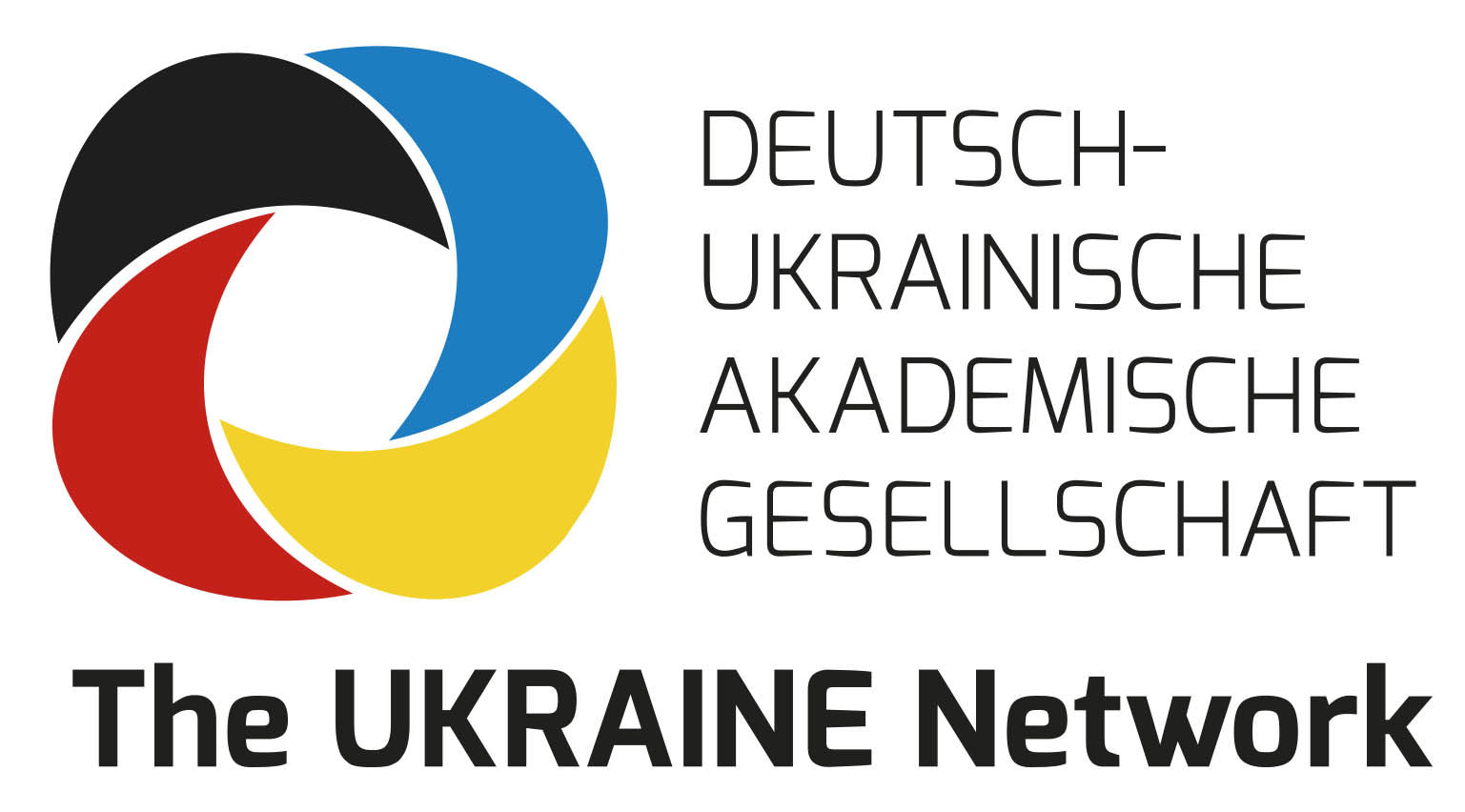The regional group of the German-Ukrainian Academic Society in Lower Saxony organised a panel discussion “Medical support for Ukraine between emergency aid and future scenario” on the 25 February 2024 in Hannover. About 100 people attended this event, which was part of the #RettetLebenUkraine (#SaveLivesUkraine) campaign initiated by the activists from Hannover in cooperation with the Fellas4Europe Association on 25-26 February 2024 to commemorate the second year of the full scale war against Ukraine and ten years of russian aggression against Ukraine and occupation of some parts of Ukraine’s sovereign territory.
This campaign started with the exhibition of the ambulance “Barvinka” and the “Unissued Diploma” project, the life stories of the students from Ukraine who were killed during the war and will never collected their diploma. Mrs Viola von Cramon, Member of the European Parliament, took over the patronage of the campaign and welcomed the guests of the panel discussion.
The panel guests Prof. Dr. med. André Gottschalk (Medical Advisor Kleeblatt), Dr. med. Bastian Ringe (In-clinical interdisciplinary emergency and disaster medicine of the Hannover Medical School), Dr. Jennifer Ernst (Innovative amputation medicine, Department of Trauma Surgery at the MHH), Dr. Christoph Egen (Clinic for Rehabilitation and Sports Medicine, MHH), Frau Nadiya Pilipcuk (board member of the Ukrainian Medical Association in Germany e.V. ), Mariya Maksymtsiv (Voluntary coordinator of the Ukrainian Greek-Catholic parish of St. Volodymyr in Hannover) reported about their research and work as well as the structures and procedures for receiving and operating seriously injured patients from Ukraine. During the panel discussion, the needs and challenges were addressed such as the contact with rehab clinics/structures and health insurance companies that decide much regarding the rehabilitation; the necessity of local support projects in Ukraine and additional projects like GIZ funded Hospital Partnerships (https://hospitalpartnerships.org/); synergies with the existing initiatives, considering communal and governmental solidarity agreements; support of the civil society for the further care for the seriously wounded and injured people after the operations outside the hospitals; better integration of refugee doctors and nurses.
The projects such as a MHH learning module for rehabilitation after amputation (RehAmpTT) were introduced. The RehAmpTT supports people with amputations, their relatives and medical professionals during the rehabilitation process. This tool is available free of charge in Ukrainian and German language. Besides, the AURORA project of the BG clinics was presented. It provides Ukrainian physicains with the opportunity to come for an exchange in the various rehabilitation areas of the BG clinics, such as physiotherapy and others. Additionally, an invited speaker Dr. Hryhoriy Lapshyn, chief surgeon at the Department of Surgery at the University Medical Centre Schleswig-Holstein, reported about the project “UKSH helps Ukraine” which includes medical aid for Ukrainian hospitals as well as the integration of the refugees with medical qualifications.
Report prepared by DUAG Managing Director Nataliya Butych and DUAG member Dr. rer. nat. Tetyana Yevsa
